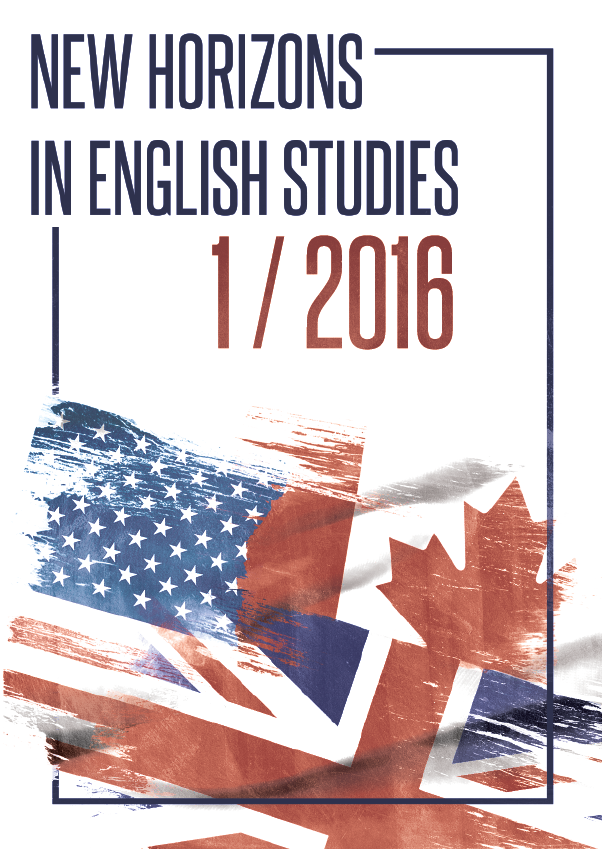Two Cinematic Portrayals of Teachers: John Keating in Dead Poets Society and Terence Fletcher in Whiplash
Two Cinematic Portrayals of Teachers: John Keating in Dead Poets Society and Terence Fletcher in Whiplash
Author(s): Kaja ZabłockaSubject(s): Social Sciences, Language and Literature Studies, Fine Arts / Performing Arts, Media studies, Communication studies, Film / Cinema / Cinematography, Theory of Literature, Sociology of Art
Published by: Wydawnictwo Naukowe Uniwersytetu Marii Curie-Sklodowskiej
Keywords: teacher;education;methodology;film;
Summary/Abstract: This paper is devoted to two selected teacher figures appearing in American film. John Keating (Dead Poets Society) and Terence Fletcher (Whiplash) are going to be analyzed with regard to their beliefs, their methods, and their impact on students. The introduction refers to the prevailing cinematic image of teachers as heroes who inspire and support their students. Another feature common for many onscreen teachers, including Keating and Fletcher, is their being based on real-life figures. The first section describes Keating’s and Fletcher’s beliefs influencing their work. Keating believes his role is to build students’ confidence, make them feel they can change the world, and convince them they should seize the opportunities life provides them with. Fletcher is in favor of the view that students should not be praised, but pushed to their limits for the sake of results. The next part deals with the differences in Keating’s and Fletcher’s methodologies. Keating aims at replacing a traditional approach to education with demonstration and involving students in practical activities. For Fletcher, maintaining a sense of threat in his students is the key to motivating them. Finally, the analysis turns to Keating’s and Fletcher’s impact on their students. Keating’s teaching makes his students pursue new interests or manage their personal matters effectively. Fletcher’s influence is best reflected by his students’ anxiety, exhaustion, and – in some cases – the increased drive to practice.
Journal: New Horizons in English Studies
- Issue Year: 1/2016
- Issue No: 1
- Page Range: 87-97
- Page Count: 11
- Language: English

